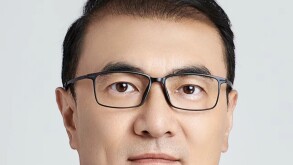In 2012 the European Commission set up an Expert Group to advise the Commission with respect to the relation between IP and Directive 98/44/EC on the legal protection of biotechnological inventions. This directive is also known as the Biotech Directive.
According to the final report of this Expert Group, which has recently appeared, there are two main conclusions. The first is that a consensus could not be reached within the Expert Group on any of the subjects that were discussed. The second is that they strongly advised against reopening negotiations of the Biotech Directive.
The Expert Group addressed three main problem areas that are covered by the Biotech Directive: the patentability of plants and essentially biological methods, the patentability of inventions on or using stem cells and the scope of protection of nucleic acid-related patent claims.
With regards to plants, the majority of the Expert Group advised against changing the legislation. The fact that the limited breeders' exemption has only been implemented in a few national patent laws will be shortly offset by the UPC, where such an exemption is included and thus harmonised.
For the human stem cell-based inventions, the majority of the Expert Group did not find a further definition of the "use" of human embryos necessary, since that was deemed sufficiently defined in the case law, before both the EPO and the CJEU.
On the scope of protection of patent claims on nucleic acids (absolute product protection versus purpose-related protection) the Expert Group analysed in detail the decision of the CJEU in the Monsanto case (C-428/08), where an intact genomic DNA sequence was present as an artefact in biological material. The majority of the experts agreed with the CJEU that in this specific case the DNA was not infringing the patent, because it did not exert its function. However, the Experts also indicated that this decision should not be interpreted in such a way that the function would need to be part of the patent claim. They also found that the provisions of the Biotech Directive could not touch the overall rule of absolute product protection.

|
Bart van Wezenbeek |
V.O.Johan de Wittlaan 72517 JR The HagueThe NetherlandsTel: +31 70 416 67 11Fax: +31 70 416 67 99info@vo.euwww.vo.eu










